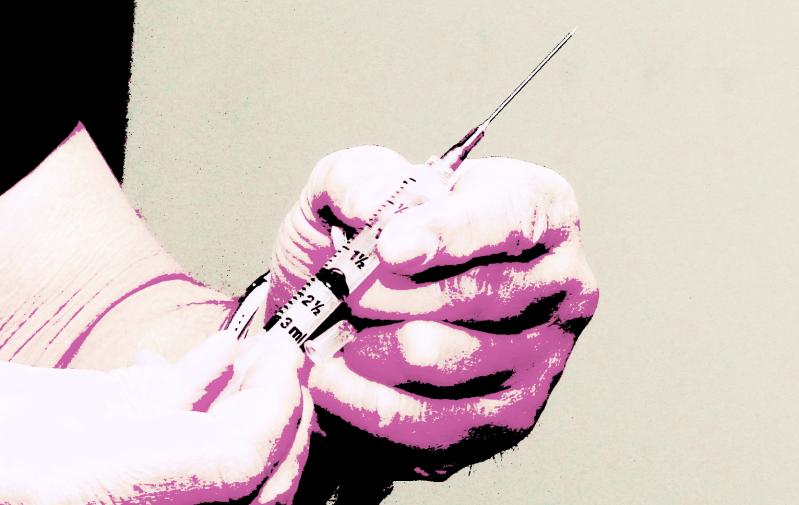Last week, the Centers for Disease Control released data evaluating the effectiveness of a third dose of an mRNA vaccine in preventing Covid-19. There have been clear indications since before third doses, or “booster” doses, were authorized that vaccine-induced immunity wanes over time. This has become particularly relevant as SARS CoV-2 has continued to mutate and multiply, allowing for the rise of variants such as Delta and Omicron. These variants, and the multiple reports of “breakthrough” infections in those who have been vaccinated, have led to some consternation and confusion regarding the need for and effectiveness of booster vaccinations.
The real-world data released by the C.D.C. last week examined over 200,000 encounters from emergency departments and urgent care clinics alongside over 87,000 hospitalizations in the United States and showed that receiving a third dose of an mRNA vaccine within the past 180 days was highly effective at preventing both emergency room and urgent care visits as well as Covid-19-related hospitalizations. For emergency room and urgent care encounters, a third dose was 94 percent effective at preventing Delta-related visits, and 82 percent effective at preventing those related to infection with the Omicron variant. A third dose led to 94 percent effectiveness at preventing hospitalization in patients infected with the Delta variant and 90 percent in those infected with the Omicron variant.
This information contextualizes the recent push by the C.D.C., federal and state governments, and health officials and providers to encourage everyone eligible for a third dose of an mRNA vaccine — Pfizer or Moderna — to receive one as soon as possible. While the mRNA vaccines do show decreased protectiveness against the Omicron variant when compared to the Delta and earlier variants, this real-world review of their effectiveness highlights the continued strong protection that the vaccines provide, particularly against severe illness requiring hospitalization.
For anyone still on the fence about receiving a third dose of the mRNA vaccine, as recommended by the Food and Drug Administration and C.D.C., this information should underscore the importance of doing so as quickly as possible. It takes time for vaccine-induced immunity to fully take effect, and as hospitals and medical offices across the country battle the current peak in infections, it becomes imperative that this effective protection be in place for as many people as possible to help alleviate the burden of care that this peak is imposing on our health system.
With regard to eligibility, anyone who has received the initial two-dose series of an mRNA vaccine such as the Pfizer or Moderna is now eligible to receive a third dose five months after getting their second. As I’ve written about before in this space, you do not have to match a third dose with the primary series and can instead utilize a “mix-and-match” strategy in which you receive, say, a third dose of the Pfizer vaccine after previously getting the Moderna series. This also applies to those who received a Johnson and Johnson vaccine for their initial series, as the recommendation is for these individuals to now get an mRNA vaccine as their booster vaccination.
Locally, Covid-19 vaccinations can be obtained at multiple sites, including several of the larger chain pharmacies such as CVS and Walgreens as well as through Stony Brook Southampton Hospital at the Greek Orthodox Church in Southampton. Vaccines through Stony Brook Southampton Hospital can be scheduled at bit.ly/2Po8DrZ. And as always, if you have any questions about the effectiveness, safety, and/or need for vaccination against Covid-19, you should feel free to reach out to your primary care doctor to discuss.
—
Joshua Potter, D.O., a physician with Stony Brook Southampton Hospital’s Meeting House Lane Medical Practice, oversees the practice’s Shelter Island office. He specializes in family and neuromusculoskeletal medicine. Opinions expressed in this column are his personal and professional views and not necessarily those of his employer.




